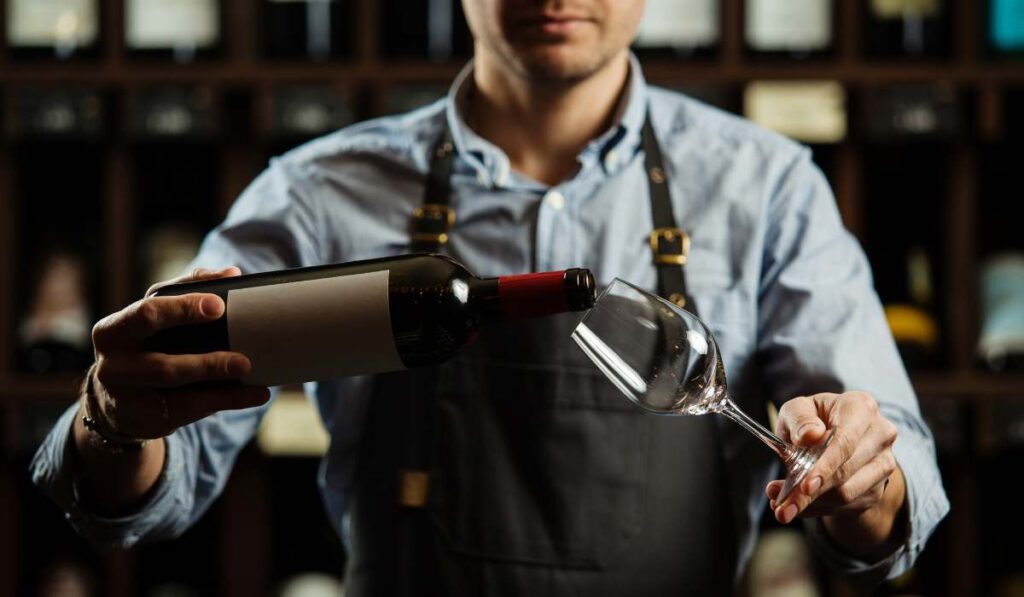The world of wine offers one of the most rewarding and sophisticated career paths for those passionate about viticulture, hospitality, and culinary arts. Becoming a sommelier represents the pinnacle of wine expertise, combining deep knowledge of wine regions, grape varieties, food pairings, and service excellence. This prestigious profession has evolved from traditional wine stewards to modern beverage consultants who guide restaurants, hotels, and wine enthusiasts through complex wine selections. The journey requires dedication, continuous learning, and a genuine appreciation for the artistry behind winemaking.
Whether you’re starting from scratch or building upon existing wine knowledge, the path to sommelier certification offers structured learning opportunities that can transform your passion into a lucrative career. Today’s sommeliers work in diverse environments, from fine dining establishments to wine retail, consulting, and education, making this an increasingly versatile profession in the hospitality industry.
Understanding the Sommelier Profession
A sommelier serves as the bridge between wine producers and consumers, possessing comprehensive knowledge of wine production, storage, service, and food pairing principles. Modern sommeliers must understand wine regions worldwide, grape characteristics, vintage variations, and proper wine storage solutions to maintain quality and value. The role extends beyond wine service to include beverage program development, staff training, inventory management, and customer education. Professional sommeliers often specialize in specific areas such as rare wine collections, wine investment consulting, or educational instruction, creating diverse career opportunities within the field.
Essential Educational Requirements
Foundational Wine Knowledge
Begin your sommelier journey by developing a comprehensive understanding of wine fundamentals, including grape varieties, wine regions, production methods, and tasting techniques. Study major wine-producing countries, their signature grape varieties, and regional characteristics that influence wine styles and quality levels.
Professional Certification Programs
The Wine & Spirit Education Trust (WSET) offers globally recognized certification levels from foundation to diploma, providing structured learning paths for aspiring sommeliers. Court of Master Sommeliers represents the most prestigious certification route, offering four levels from introductory to master sommelier status. These programs combine theoretical knowledge with practical tasting skills and service techniques essential for professional success.
Developing Critical Tasting Skills

Systematic Tasting Methodology
Master the systematic approach to wine evaluation, including visual assessment, aroma identification, palate analysis, and quality determination. Practice identifying primary, secondary, and tertiary aromas while developing vocabulary to articulate wine characteristics professionally. Regular blind tasting sessions help develop the sensory memory crucial for sommelier examinations and professional wine service.
Food and Wine Pairing Expertise
Understanding how wine interacts with different cuisines requires studying flavor profiles, texture combinations, and cultural pairing traditions. Practice pairing wines with various cooking methods, spice levels, and ingredient combinations to develop intuitive pairing skills that enhance dining experiences.
Gaining Practical Experience
Restaurant and Hospitality Work
Seek employment in wine-focused restaurants, hotels, or wine bars to gain hands-on experience with wine service, customer interaction, and beverage program management. Start in entry-level positions and gradually take on wine-related responsibilities as your knowledge and skills develop.
Wine Industry Networking
Attend wine tastings, industry events, and educational seminars to build professional relationships within the wine community. Connect with established sommeliers, wine producers, and industry professionals who can provide mentorship and career opportunities.
Advanced Career Development
Specialization Areas
Consider specializing in specific wine regions, rare wine collections, wine investment consulting, or educational instruction to differentiate yourself in the competitive sommelier market. Develop expertise in wine storage solutions and cellar management for high-end establishments or private collectors.
Continuing Education
The wine industry constantly evolves with new regions, techniques, and trends requiring ongoing education throughout your sommelier career. Attend advanced workshops, pursue higher certification levels, and stay current with industry publications and research.


